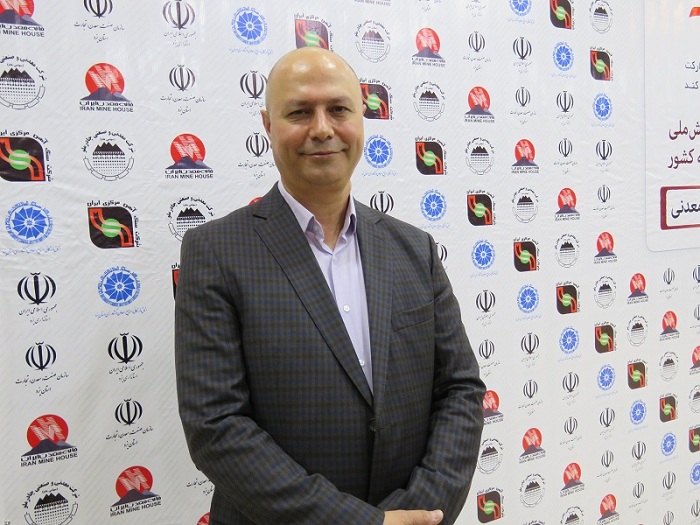Duplicate and contradictory rules of the mining sector

A law defines raw materials and states that if we make changes in minerals chemically and physically, that material will no longer be considered raw material. By this definition, iron ore and building block stones are no longer raw stone, while the government also levies on iron ore concentrate as a raw material.
According to the International Exhibition of Iranian Stone, mining laws in the country are problematic; For example, there are 82,000 rules that are repetitive, contradictory, or ambiguous. This issue has led to different interpretations of them.
Over the past few years, the Ministry of Economy and Finance has formed a working group to act as a deregulation body to identify, amend, or remove legislation. According to the statistics announced by the Minister of Economy, about 2,500 regulations have been reviewed by the Deregulation Board of the Ministry of Economy and Finance during this period, and 700 of them have been amended. Unfortunately, according to the minister, more than 90% of the amended regulations have not been implemented by the organizations. To define the conflict of laws, we can refer to different definitions of raw selling. At present, the definition of raw selling in the law is a very simple phrase. In this definition, the hand of the government is left open to impose tolls.
A law defines raw materials and states that if we make changes in minerals chemically and physically, that material will no longer be considered raw material. By this definition, iron ore and building block stones are no longer raw stone, while the government also levies on iron ore concentrate as a raw material. Somewhere we define the legal article and elsewhere we violate it. On the other hand, we see that another legal article has been enacted in which there are ambiguities and it refers to low value-added products.
It is not clear what low value added means. The question is, do iron ore and concentrate have low added value? In this way, we have left the government free to impose tariffs on pellets, steel, etc., while instead of imposing tariffs, we should create an environment in which minerals can be turned into higher value-added goods and the owners of capital can be Encourage investment.
In the Iran Chamber of Mines Commission, we have included the section of reviewing laws in our programs. In these sessions, we review the elimination of duplicate rules and the clarification of ambiguous rules to clarify the task. In the meantime, unfortunately, sometimes the government and the parliament do not care about the decisions that the chamber makes; For example, the parliament considered the amendment of the Mining Law in the previous term, but no support was given to the amendments. However, as economic actors and private sector organizations, we must convey our message to the decision-making bodies and take a step in that direction.
Bahram Shakoori - Chairman of the Mines and Mineral Industries Commission of the Iranian Chamber of Commerce - Samat










